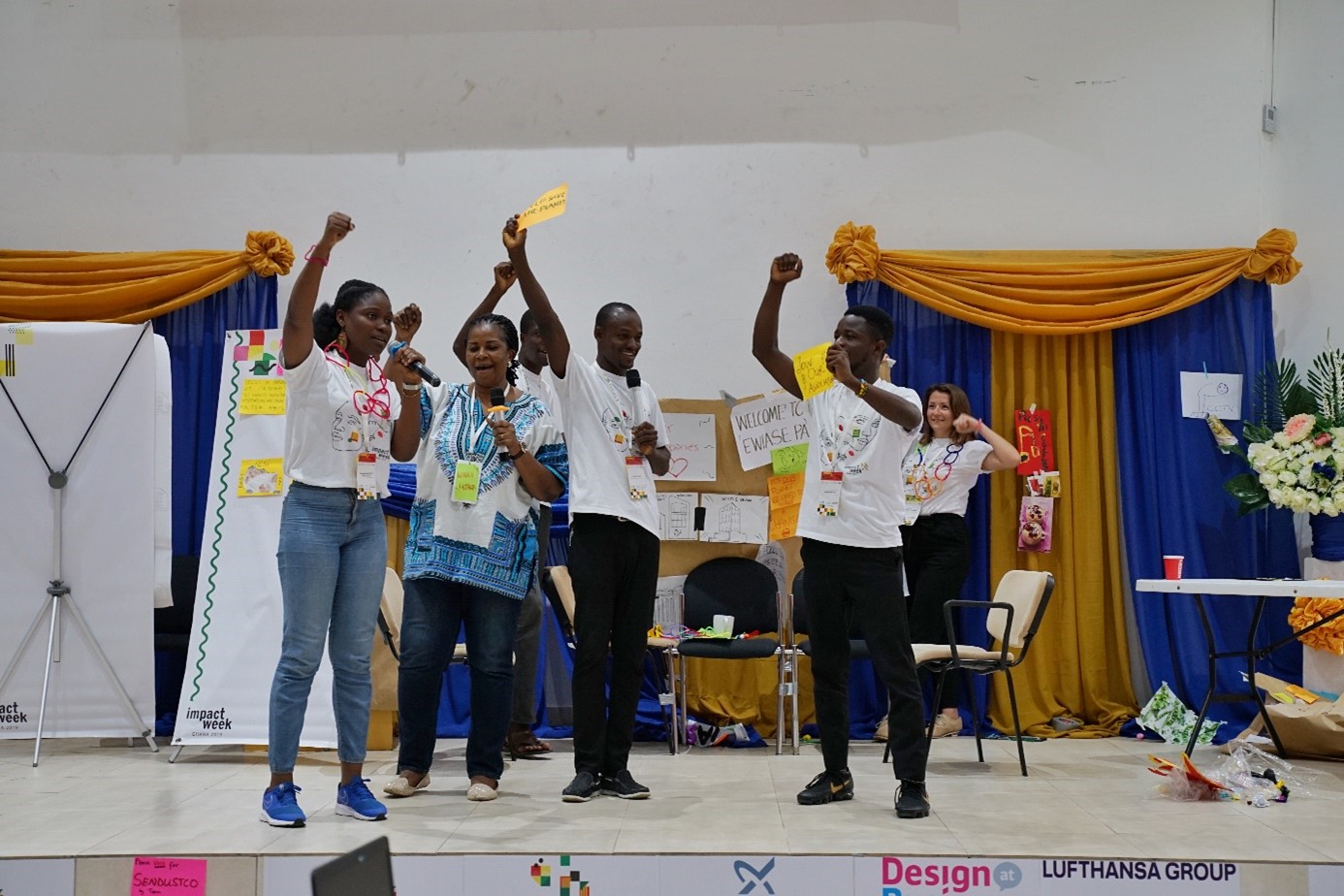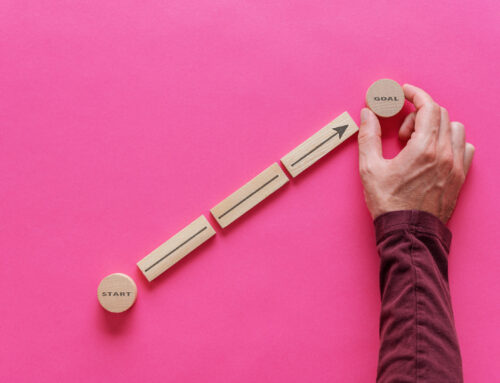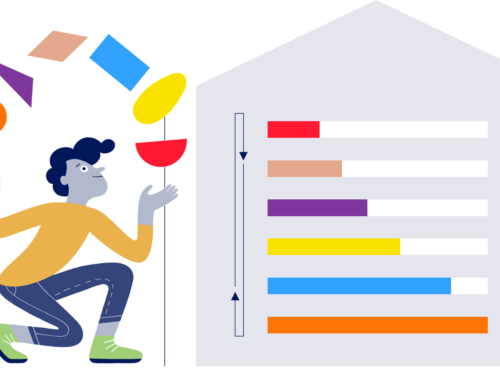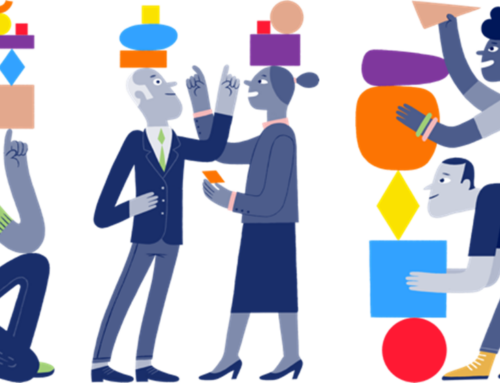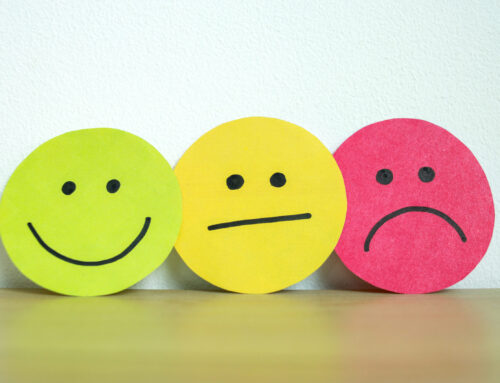Let’s make some impact!
Welcome to Impact Week Ghana 2019
December 2019. Campus Legon of the University of Ghana: The auditorium is full with people and emotions. Never before was the Impact Week as big as this time in Accra, Ghana. More than 180 students worked in 30 teams on nine complex design challenges, addressing local needs. It’s the day of the final pitch and some of the participants have been up late to work on their ideas and prototypes. As one of the lead coaches responsible for the content design and facilitation of this two weeks program, I am also taken by the atmosphere and by what we as a team have achieved.
Since the launch of the Impact Week in 2015, innovators and design thinking experts from all over the world have been engaged in this social project. Big corporates have since taken particular interest in the program. SAP, Lufthansa, Porsche, Accenture, PwC, Commerzbank, Nestlé, Siemens and others have contributed to the program or sent employees to participate.
But what is the Impact Week?
The Impact Week is a non-profit program that unites people from all around the world. It promotes innovation and entrepreneurship on a global scale, tackling complex and urging challenges in society and economy as basis for sustainable growth. The objective is to foster innovation, entrepreneurship, intercultural and intercompany exchange through innovative approaches such as design thinking.
By enabling and empowering people to develop their own business ideas and solutions based on own or target audience’s needs, problems of local communities are addressed. Resulting innovations don’t only target unaddressed market demand but also create new markets and therefore allow for change that can happen from within. This shall lead to further investments, development of necessary infrastructure and a culture of entrepreneurship. The program offers a way to create and develop something that is needed to realise own ideas and visions instead of pushing for projects others consider as relevant.
How did it all start?
Because of the national economic situation in a lot of countries such as Kenya for example, many people are forced to start their own business to secure their income. However, a key challenge a lot of them are facing is the fact that they have little knowledge about how to come up with innovative business ideas that really address relevant needs or the required strategic steps or tools to do so. As a consequence, many of the resulting businesses do not manage to survive on the market in the long term – a current issue in several undiversified and emerging economies. Learning more about this challenge from a professor of a university in Kenya, a group of entrepreneurs and design thinking experts developed a program and training concept as a prototype to address this challenge. The idea was to pass on their knowledge and expertise to teachers and students of that university in order to create a real impact. The initiative was a great success, both in terms of initial results as well as key learnings to further develop the program – and this was the beginning of Impact Week.
What about sustainability?
Ever since the first prototype in 2015, 14 official Impact Weeks have taken place in countries like Kenya, Nigeria, Rwanda, India, Colombia, Jordan, Nepal and Ghana.
Over the past years, hundreds of local partners and participants were trained and knowledge was passed on with the ambition to empower people to drive change and entrepreneurship themselves. This enabled already some of the locations, such as Kenya, to further establish and maintain a growing network of local coaches, independently organise further Impact Weeks in their countries and bringing the approach to other countries and partner universities.
Coming back to Ghana.
It’s pitch day and the last day of the Impact Week. Two weeks before, we kicked off the program with a “Bootcamp” that aims to make participants – who are local teachers and professors from our hosting university, NGO employees and employees of our corporate sponsors – familiar with innovation approaches and design thinking. By this, they get the chance to experience the underlying mindset, principles and tools that are key for developing innovative solutions and new business models. After the bootcamp, a “Train-the-Trainer” session followed. During this second part of the program, participants are trained to become design thinking coaches themselves. Each one facilitates a particular module along the innovation process and gets the opportunity to experience what it means to coach, learn, iterate and fail – always guided and supported by a team of senior innovation and entrepreneurship experts. Equipped with theoretical and practical knowledge and experience from the bootcamp and the train the trainer sessions, the junior coaches then are ready and lead – still supported by the team of senior experts – a group of students each. During this final part of the Impact Week program, the junior coaches guide the students through the innovation and design thinking process with the objective to create new business solutions that address the local needs identified and described in the respective design challenges and to foster innovation and entrepreneurship.
In the end, each team has the chance to present their business idea during our innovation fair and the winning teams now have the chance to present on stage during the final ceremony.
Looking back, it was an intense journey that led us there. A lot of work, preparation, time, effort and passion that me and my team put into the program now shows its final results. First preparation work started already in May 2019 and got more intense during the months and weeks leading up. As I support this initiative on a voluntary basis on top of my daily job as a self-employed consultant, facilitator and trainer for strategy, innovation and business transformation, it was not always easy. It’s the third time now that I have been part of this great initiative and my motivation is uncompromised. No matter how challenging, I always know why I am doing it: Because of the people and the impact I can make. And looking in the faces of all participants, I know that we made this impact and that it was worth it.
Are you curious for more information? Contact me! I’m happy to get in touch with you!
Yours,
Sabine

